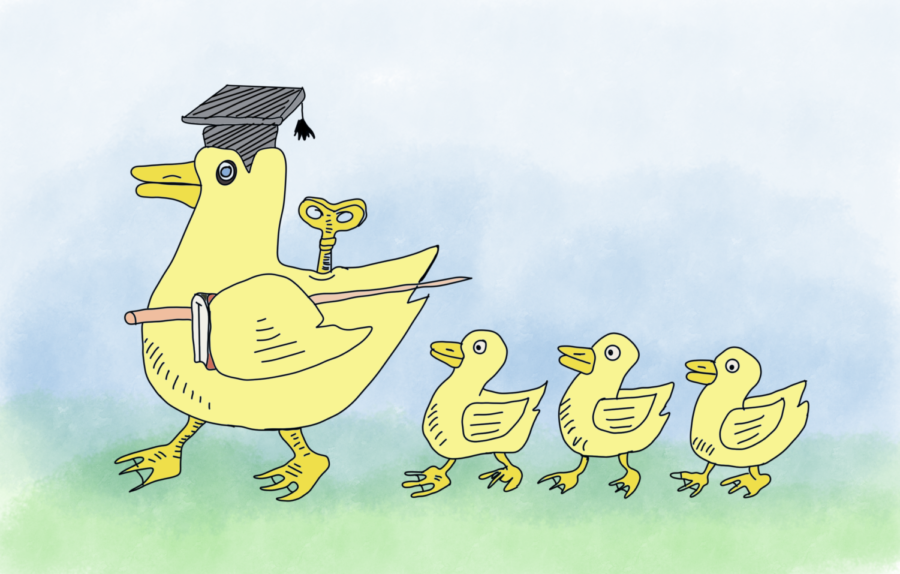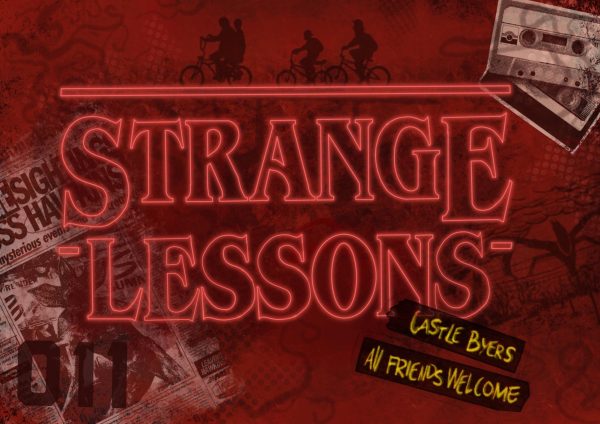Are Schools Turning Us Into Robots?
November 2, 2022
In the 21st century, our world has become increasingly dependent on technology. A key concern that has been raised is that there will no longer be a place for us as technology continues to develop and evolve. Robots and other machinery are taking our place. Being more efficient and accurate, they seem like the obvious answer for a faster economy.
According to Oxford Economics, by 2030, up to 30 million manufacturing jobs could be lost to robots. If this is the case, why are we trying to fight for the position when they are clearly the better choice? Shouldn’t we be focusing on the characteristics that make us, us?
Many schools stress creativity, critical thinking, and social skills. So, why are we still being taught to act like machines? And why aren’t they acting on their words?
Students learn best when teaching methods align with their interests. So why are we forced to sit still in rows while we are stuffed with useless facts?
They say that collaboration is key and vital to success. But doing so in tests and exams is called cheating.
School environments are supposed to be inclusive to all students, however, the curriculum and numerous testing regimes say otherwise. They are so educationally inadequate that they alienate any student whose mind does not work in the way that they expect.
Schools have been designed to mass-produce contributors to the economy, imitating the workforce requirements of 19th-century factories… and we are in the 21st Century. They think as long as we’ve contributed to the economy, they’ve done their job. It doesn’t matter if the outcome is workers who spend the entire day operating in silence while acting indistinguishably, producing identical goods, and submitting to punishment if they failed to achieve the requisite standards.
In a capitalistic society, quantity trumps quality. At a young age in school, we’re taught that the end goal of life is to make a contribution to the economic cycle. Essentially, we are taught to live to make money.
Some schools not only teach redundant skills, but their methods are also counterproductive. Students are slumping under the weight of assessments and the constant expectation to get a job and move up the socioeconomic hierarchy of the world.
When we are allowed to apply our natural creativity and curiosity, we can actually learn at our own pace, and, often, in a more effective manner. We learn to walk, talk, eat and play spontaneously, through watching and experimenting. But confine us to a classroom, sit us down, force-feed us with facts and direct our every move, and you suppress this instinct. Let students out of the factory, and into the real world.













